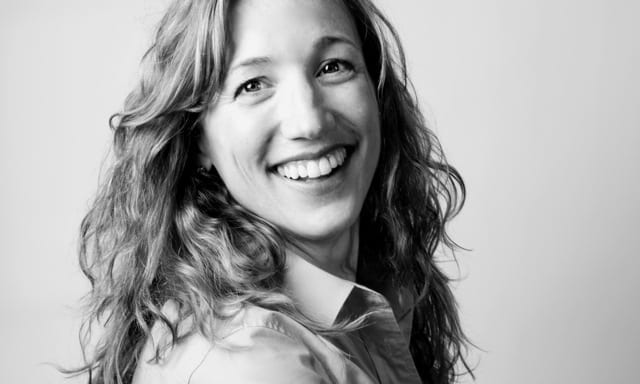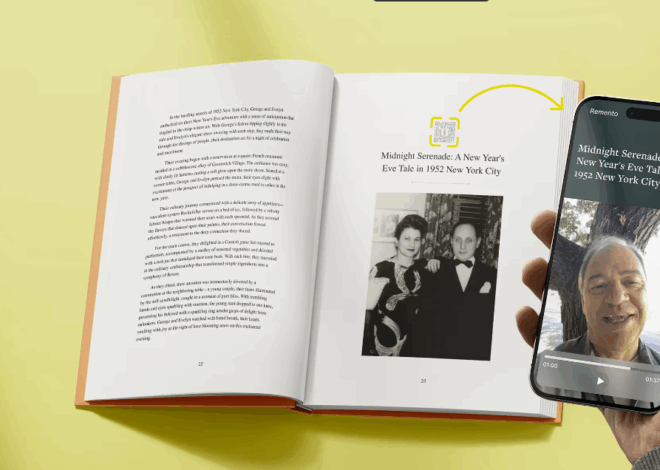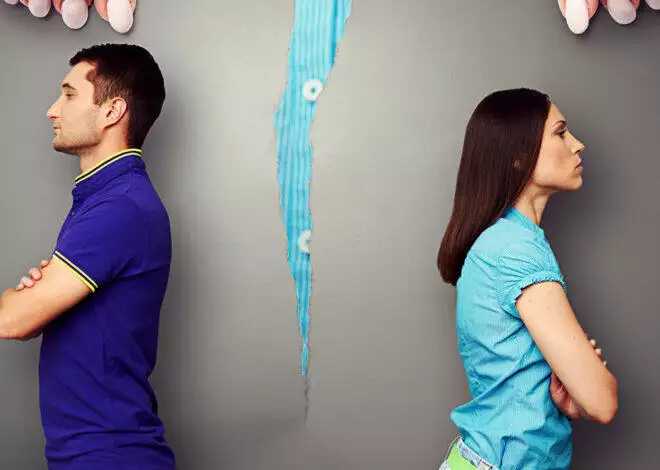
Raising Happiness: Author Christine Carter Explains Why Kids NEED Happy Parents
Every parent wants his or her children to grow up and be happy, but few of us would think to advise them to make a career out of happiness. Yet Christine Carter, a sociologist at the University of California at Berkeley’s Greater Good Science Center and author of “Raising Happiness: 10 Simple Steps for More Joyful Kids and Happier Parents” and the popular blog, Raising Happiness, has done just that. In addition to her writing, she also teaches an online parenting class on her website throughout the year.
That’s a pretty amazing accomplishment considering the 39-year-old mother of two daughters, 8 and 10, grew up as a self-described anxious and overly emotional child who remembers being the target of mean-spirited kids. Recently divorced, the San Francisco Bay Area resident has discovered that best thing parents can do for their kids is to be happy.
Q: You have built a career on happiness. What makes you happy?
A: Taking time for myself and taking time to do the things that build my relationships with my friends. I make sure that I do something every day with my kids that actually is something I like to do, that’s really fun, so I like to read to them.
Q: There have been a number of studies lately that indicate women aren’t all that happy. What’s going on?
A: There are a lot of things happening. Women and parents in particular, mothers in particular, are going after achievement types of things and results rather than focusing on the present moment. It basically means that they’re too busy. They’re overscheduled and their kids are overscheduled. There isn’t much time for play or social connections. We know that busyness cannot be equated with happiness. We are under a great big cultural misconception that busyness is a sign of success, that it’s some big character strength. The social mantra now is, “How are you? I’m so busy” and the implication is that “I’m busy, I’m important” and therefore things are going well, but actually we’re exhausted.
Q: There has been a spate of books on happiness in recent years. Isn’t all this emphasis on happiness another thing to make us anxious and, well, unhappy?
A: The reason there has been spate of books is that the science is finally catching up. All these scientists are seeing that what we’re doing from a cultural standpoint and that the messages we’re getting from advertisers and marketers is completely counter to what we now know scientifically about happiness. We know what it takes to find happiness now. We know it’s much more like a skill, not an inborn natural state. We know there are things, for a large amount of people, that you can do right away to be happy. To me, it’s a big relief.
Q: How important is it for kids to have their parents to be happy?
A: Emotions are unbelievably contagious. If parents are stressed out, the kids are stressed out. If you feel happy, you laugh, you smile and part of your brain lights up. Positive emotions, feeling content and having gratitude gives parents the resources to be better parents. And happier parents are warmer, better listeners and give consistent discipline.
I know that dinnertime is important happiness time so that’s a rule I make for myself and for them. And I feel miserable if my weekends are taken up by sports. They can have one team sport a year – just one, only winter or spring. At first my kids thought that was cruel and mean. Now they recognize that frees us to do fun stuff together and I’m a lot happier.
Q: You’ve said that the number 1 thing parents do wrong in their quest to be happy is to try to be perfect. Why do parents put so much pressure on themselves to be perfect, and what’s wrong with trying to be perfect?
A: There’s nothing wrong with trying to be skillful but there’s no such thing as a perfect parent. That creates anxiety. You’re parenting through fear and anxiety. We’re much happier when we allow ourselves to make mistakes. Some of our best growth as parents comes when we do something we wouldn’t want to do, what we wouldn’t want the neighbors to see.
Q: Divorce generally isn’t a happy thing for kids. But you’ve said that a divorced dad’s relationship with his children’s mom directly impacts his relationship with his kids. What kind of relationship do you have with your daughters’ dad, and how well do you co-parent?
A: Divorce can be so difficult for kids. I have a really positive relationship with my former husband and we co-parent well. We’re not friends, I don’t tell him intimate things. I am neurotic in terms of my kids’ schedule; I have a strong idea of what they “should” do. I’m aware of that and we have found this nice rhythm. It’s like a collaboration.
Q: Most studies show that married people are happiest. How does your happiness now differ than when you were married?
A: I’m a lot happier. Happy people are more likely to get married. People who are less happy are more likely to get divorced. I got married when I was very anxious and I was in a relationship with someone who was so wrong for me. But divorce can make people very unhappy, particularly women.
Q: As a working single mom, what are the biggest challenges?
A: Finding that time for myself and that balance so I do not feel that I’m too busy. And working enough that I feel stable financially and have enough time with my kids and don’t have that crazy-busy schedule. Some of that has meant making very big trade-offs. It’s letting go, letting their father have more time with them. So that’s been really hard, letting go of my idea of what was ideal when what I needed was to good enough.
Q: Most working moms struggle to find “me” time. Do you have “me” time, and what do you do with that time?
A: I schedule it because I’m really serious about my “me” time. I try to do it once or twice a week. I spend time with a friend or a group of friends without kids to interrupt us. It’s really hard to maintain friendships. It feels indulgent to go out to lunch. Every day I’ve learned to give myself an hour to do things I need to do to take care of myself – exercise, meditate and rest. I read trashy novels, I wake up and make myself a cup of coffee and go back into bed and read. I’m doing it so I can be a good parent. I’m a recovering perfectionist.
Q: In what ways has motherhood changed you?
A: Pretty much every way. It broadens your sense of love and passion and reminds you how front and center that is. It’s the whole reason we live. I was continually shocked when I first had kids how much I loved them and how much it transferred to other things.
Q: What are the lessons you hope your daughters will learn from the choices you’ve made in your life?
A: I hope they learn that happiness, in a really global sense, is always possible and that it hinges on their own decisions. I hope they learn that from me, as a model.




